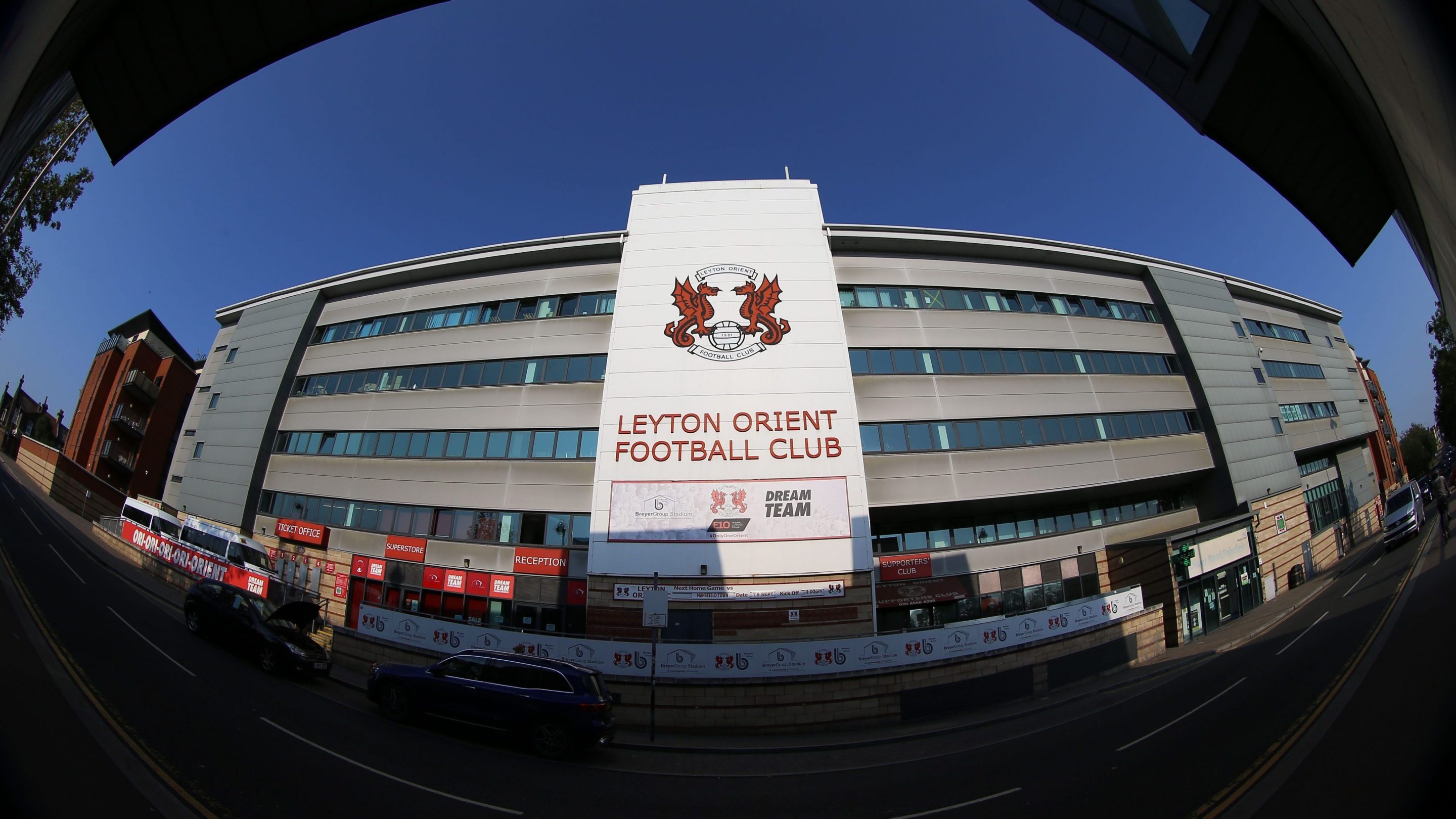On Tuesday, the English Football League announced that Tottenham Hotspur's League Cup match against Leyton Orient had been postponed due to a handful of positive tests at the League Two club. The decision highlights a real danger to the stability of the country's soccer ecosystem, as well as a failure of caution from the EFL that has forced Premier League clubs to step up.
While the Premier League still requires weekly coronavirus testing for all of its clubs, the EFL, which oversees the divisions below the English top tier, only tests players when they return from international duty. Beyond the immediate danger posed to players and staff during the EFL’s league seasons, the League Cup pits teams from across divisions, many of which have different testing standards. The lack of a unified standard puts all these clubs at risk.
This is not the fault of the lower league clubs themselves. As Fleetwood manager (and legendary soccer asshole) Joey Barton said, clubs at that level simply can't afford to test weekly. "We wouldn’t want to test someone if we didn’t have to because it costs us a lot to do it,” Barton said. “We don’t have 40 grand to pay for testing every week, it’s a waste." While Premier League clubs rake money by the tens of millions, clubs below them on the English pyramid have to make do with relative shoestring budgets. And given that 99 percent of tests during Project Restart came back negative, it’s understandable why lower league clubs feel it a "waste" of the limited funds they do have to test more frequently.
But it should not fall to the Premier League clubs to organize and bankroll coronavirus tests, either. Tottenham paid for Leyton Orient's tests, and was lucky that it did, given the positive results. But since the League Cup is the most prestigious competition organized by the EFL—they do not oversee either the Premier League or the FA Cup, which are further up on the hierarchy—one would think they’d want to ensure that the tournament goes off without a hitch, lest Premier League teams pull out due to concerns of a spreading event.
At the very least, the EFL should be paying for a majority, if not the entirety, of tests ahead of its lucrative League Cup matches. Otherwise, you have situations where the richer clubs are obligated out of self-interest to provide the tests for their opponents, while clubs not facing one of the big money sides are at a distinct disadvantage in terms of player health. It's crass to think of it in financial terms, but a lower-level team that has to postpone any of its matches is hit harder than a Premier League side. A COVID-19 outbreak also would likely be harder to contain, given the lack of regular testing; if, for instance, Manchester City has a positive test, it would spot it a lot sooner and could act quickly enough to contain it.
And that’s no hypothetical for Manchester City. City midfielder Ilkay Gundogan tested positive this week for the virus and is now undergoing a 10-day quarantine, after which he will be tested again to see if he can rejoin the rest of the team. The availability of tests prevented one of this season's title contenders from having to go into a full lockdown. That luxury is not afforded to even teams in the tier below the Premier League, and as both the domestic seasons and the League Cup tournament goes on, it's likely that there will be more positive tests than those clubs can handle.
For now, it will still be in the Premier League clubs' best interest to pay for tests for their opponents, and more postponings will likely occur in the hours before matches. This has another negative effect for the lower division clubs, who rely on the revenues from facing bigger sides: given that they have no time to isolate the players ahead of kick-off, the only solution is to postpone.
Leyton Orient owner Nigel Travis said as much, claiming that it might actually encourage lower division clubs to not test at all, so as to not jeopardize their paydays. If the EFL were to incorporate testing across the pyramid, in reaction to a pandemic that is still very much on-going, then clubs would be given both cover for player health and more of a lead-up for adjusting in time to not postpone. Otherwise, they will continue to rely on the self-interest of rich sides and the luck of the draw that none of their players test positive.






